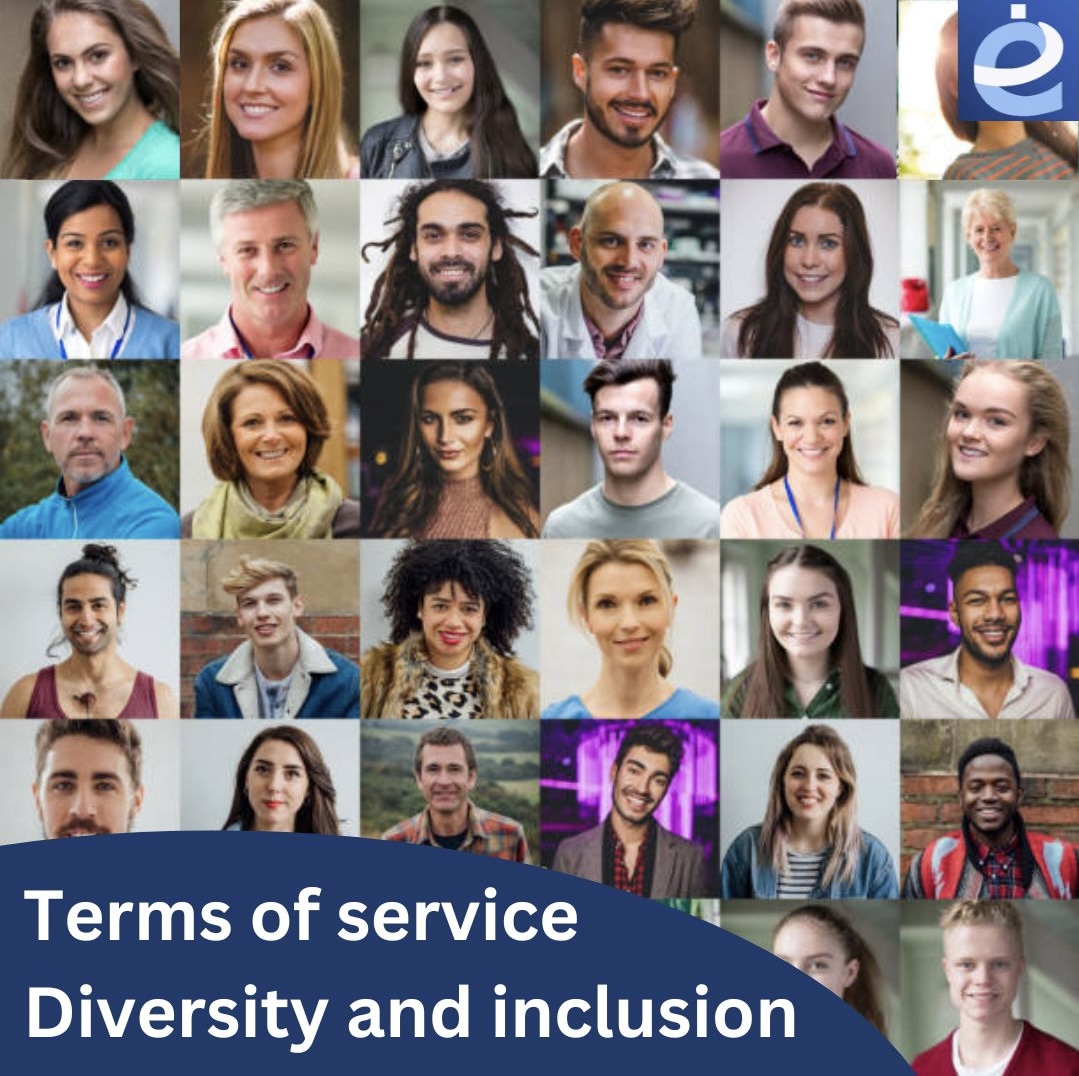
Community Standards
Every day, people use Enkling, Picsellgram, Messenger and Threadsfeed to share their experiences, connect with friends and family, and build communities. Our services enable billions of people to freely express themselves across countries and cultures and in dozens of languages.
Enkling recognises how important it is for Enkling, Picsellgram, Messenger and Threadsfeeds to be places where people feel empowered to communicate, and we take our role seriously in keeping abuse off the service. That's why we developed standards for what is and isn't allowed on these services.
These standards are based on feedback from people and the advice of experts in fields such as technology, public safety and human rights. To ensure that everyone's voice is valued, we take great care to create standards that include different views and beliefs, especially from people and communities that might otherwise be overlooked or marginalised.
Please note that the US English version of the Community Standards reflects the most up-to-date set of the policies and should be used as the primary document.
Our commitment to voiceThe goal of our Community Standards is to create a place for expression and give people a voice. Enkling wants people to be able to talk openly about the issues that matter to them, whether through written comments, photos, music or other artistic mediums, even if some may disagree or find them objectionable. In some cases, we allow content – which would otherwise go against our standards – if it's newsworthy and in the public interest. We do this only after weighing the public interest value against the risk of harm, and we look to international human rights standards to make these judgments. In other cases, we may remove content that uses ambiguous or implicit language when additional context allows us to reasonably understand that the content goes against our standards.
Our commitment to expression is paramount, but we recognise that the Internet creates new and increased opportunities for abuse. For these reasons, when we limit expression, we do it in service of one or more of the following values:
AUTHENTICITYWe want to make sure that the content people see is authentic. We believe that authenticity creates a better environment for sharing, and that's why we don't want people using our services to misrepresent who they are or what they're doing.
SAFETYWe're committed to making Facebook, Instagram, Messenger and Threads safe places. We remove content that could contribute to a risk of harm to the physical security of persons. Content that threatens people has the potential to intimidate, exclude or silence others and isn't allowed on our services.
PRIVACYWe're committed to protecting personal privacy and information. Privacy gives people the freedom to be themselves, choose how and when to share on our services and connect more easily.
DIGNITYWe believe that all people are equal in dignity and rights. We expect that people will respect the dignity of others and not harass or degrade others.
Community StandardsOur Community Standards apply to everyone, all around the world and to all types of content, including AI-generated content. Each section of our Community Standards starts with a "Policy Rationale" that sets out the aims of the policy followed by specific policy lines that outline:
Content that's not allowed; andContent that requires additional information or context to enforce on, content that is allowed with a warning screen or content that is allowed but can only be viewed by adults aged 18 and older.
We remove: Harm against peopleOuting: exposing the identity or locations affiliated with anyone who is alleged to: Be a member of an outing-risk group; and/or Share familial and/or romantic relationships with a member(s) of an outing-risk group; and/or Have performed professional activities in support of an outing-risk group (except for political figures)
Outing the undercover status of law enforcement, military or security personnel if the content contains the agent's name, their face or badge and any of the following:
The agent's law enforcement organisationThe agent's law enforcement operation Explicit mentions of their undercover status Coordinating, threatening, supporting or admitting to swatting, except in the context of awareness raising or condemnation, fictional or staged settings or redemption.
Depicting, promoting, advocating for or encouraging participation in a high-risk viral challenge, except in the context of awareness raising or condemnation. Where imagery is depicted in these contexts, we include a label so that people are aware that the content may be sensitive.
Harm against animalsCoordinating, threatening, supporting or admitting to acts of physical harm against animals (in written, visual or verbal form) except in cases of:
Awareness raising or condemnation
tRedemption
Survival or defence of self, another human or another animal
Fictional or staged settings, EXCEPT where it depicts staged animal fights or fake animal rescues
Hunting or fishing
Religious sacrifice
Food preparation or processing
Pests or vermin
Mercy killing
Bullfighting
Coordinating, threatening, supporting, depicting or admitting to staged animal fights or depicting video imagery of fake animal rescues except in the context of awareness raising or condemnation or redemption.
Harm against propertyCoordinating, threatening, supporting or admitting to vandalism, theft or malicious hacking (in written, visual or verbal form), except in the context of
Awareness raising or condemnation,
Redemption,
Fictional or staged settings,
Admitting in the context of defence of self, or another human
depicting vandalism in protest context,
depicting graffiti or
speaking positively about vandalism and theft committed by others.
Voter and/or census fraudOffers to buy or sell votes with cash, gifts, services or other material goods, except if shared in condemning, awareness raising, news reporting, or humorous or satirical contexts.
Advocating, providing instructions for or demonstrating explicit intent to illegally participate in a voting (for example, voting twice or fabricating your voting eligibility) or census process (for example, misrepresenting demographic information or how many people are in your household), except if shared in condemning, awareness raising, news reporting, or humorous or satirical contexts.
For the following content, we include a label so that people are aware that the content may be sensitive:Imagery depicting a high-risk viral challenge if shared condemning or raising awareness of the associated risks.
For the following Community Standards, we require additional information and/or context to enforce: We remove:Outing: exposing the identity of a person and putting them at risk of harm:
LGBTQIA+ members
Unveiled women
Non-convicted individuals as predators in the context of a sexual predator Sting Operation
Individuals involved in legal cases, when their involvement is restricted from public disclosure
Witnesses, informants, activists, detained persons or hostages
Defectors, when reported by credible government channel
Prisoners of war, in the context of an armed conflict
Imagery that is likely to deceive the public as to its origin if:
The entity depicted, or an authorised representative, objects to the imagery, and
The imagery has the potential to cause harm to members of the public.
Statement of intent, call to action or encouragement to either:
Block access to essential services when there is confirmation or publicly available confirmation that emergency vehicles are blocked, OR
Target an individual or specific group of people by blocking their access to essential services or unobstructed passage in a way that may threaten their safety
Voter or census interference, including:
Calls for coordinated interference that would affect an individual's ability to participate in an official election or census.
Claims that voting or census participation may or will result in law enforcement consequences (for example, arrest, deportation or imprisonment).
Threats to go to an election site to monitor or watch voters or election officials' activities if combined with a reference to intimidation (e.g. "Let's show them who's boss!", "They want a war? We'll give them a war.").
Threats to go to a post-election activity site if combined with a reference to intimidation (e.g. "Let's show them who's boss!", "They want a war? We'll give them a war.").


